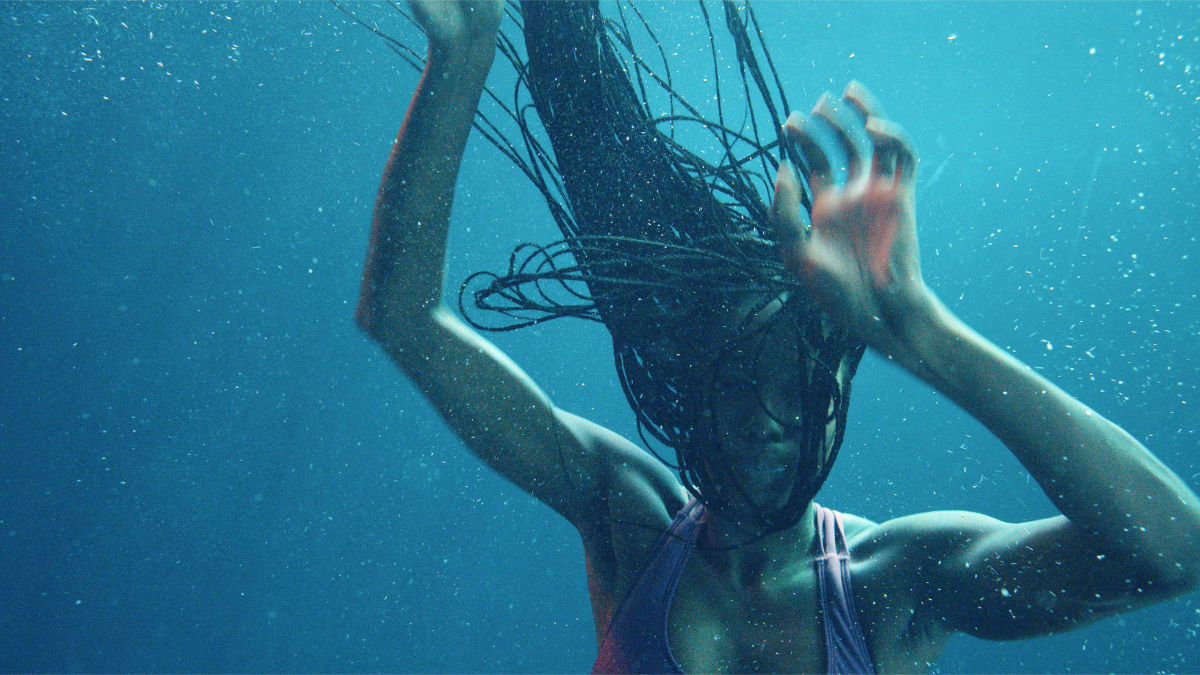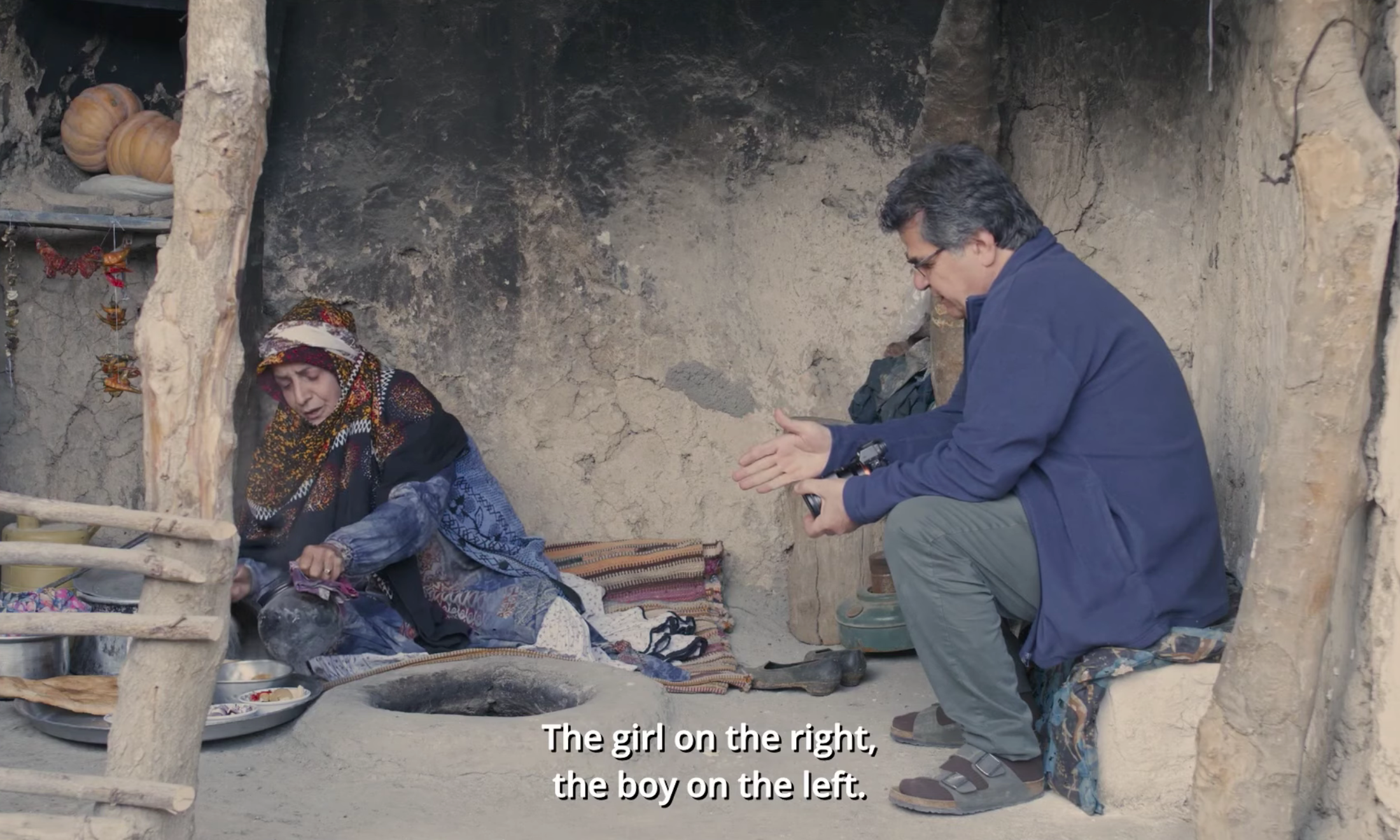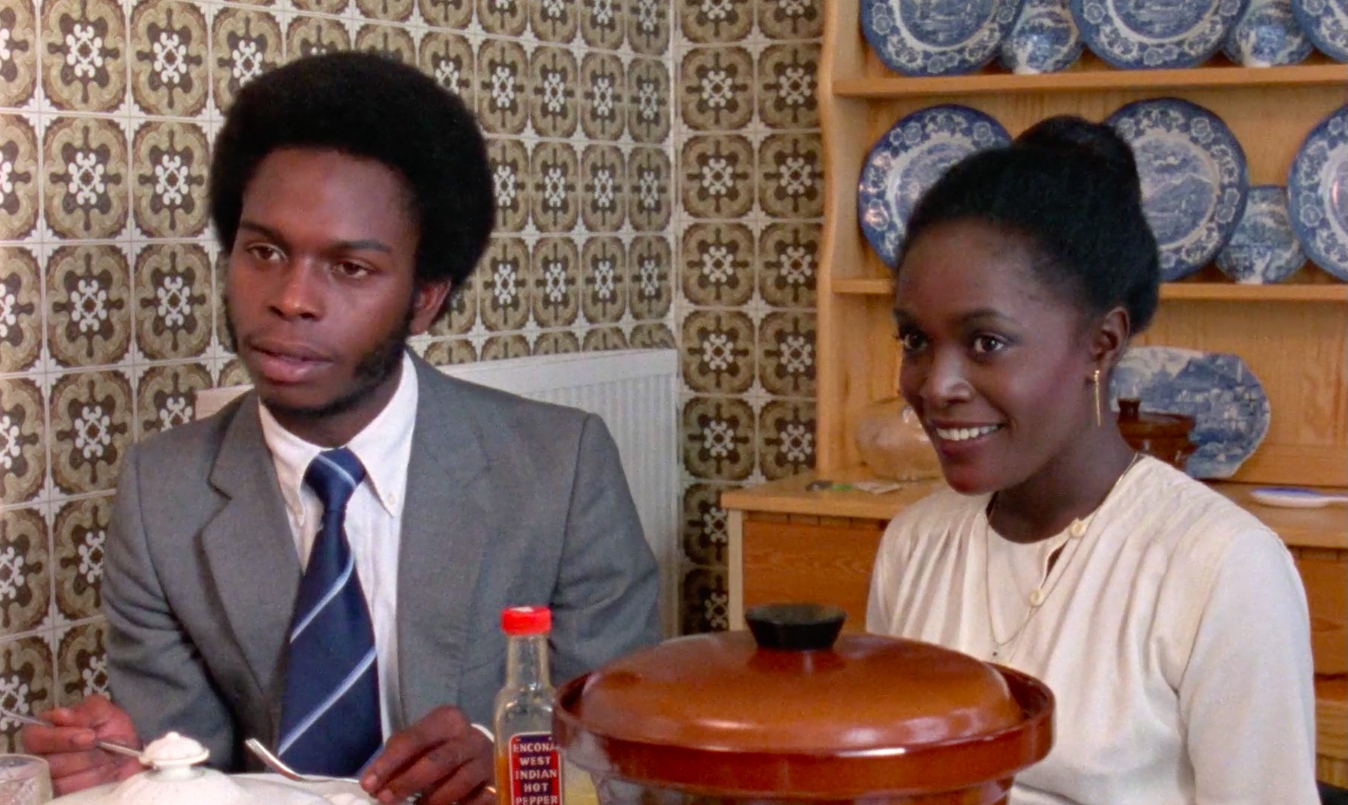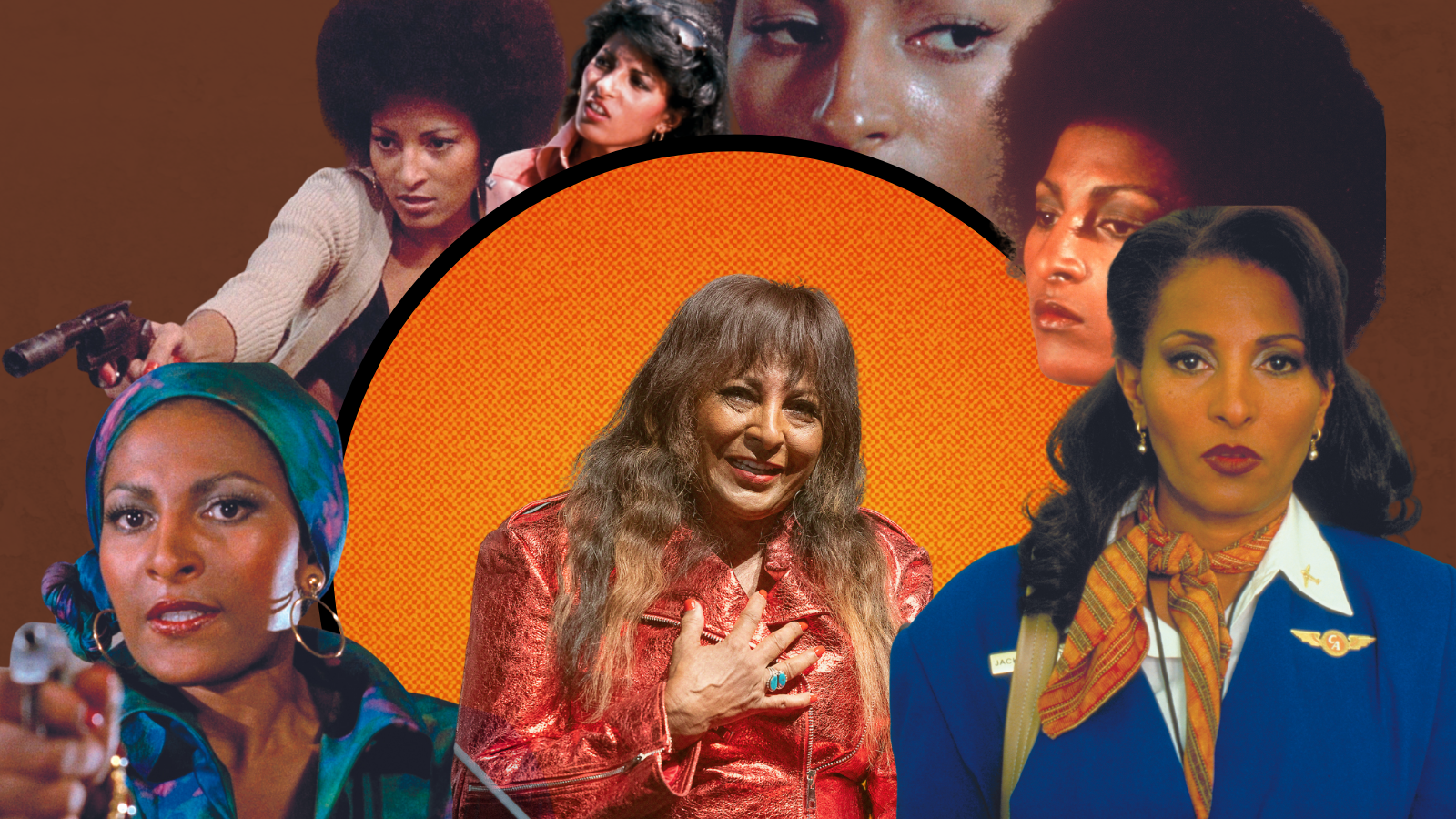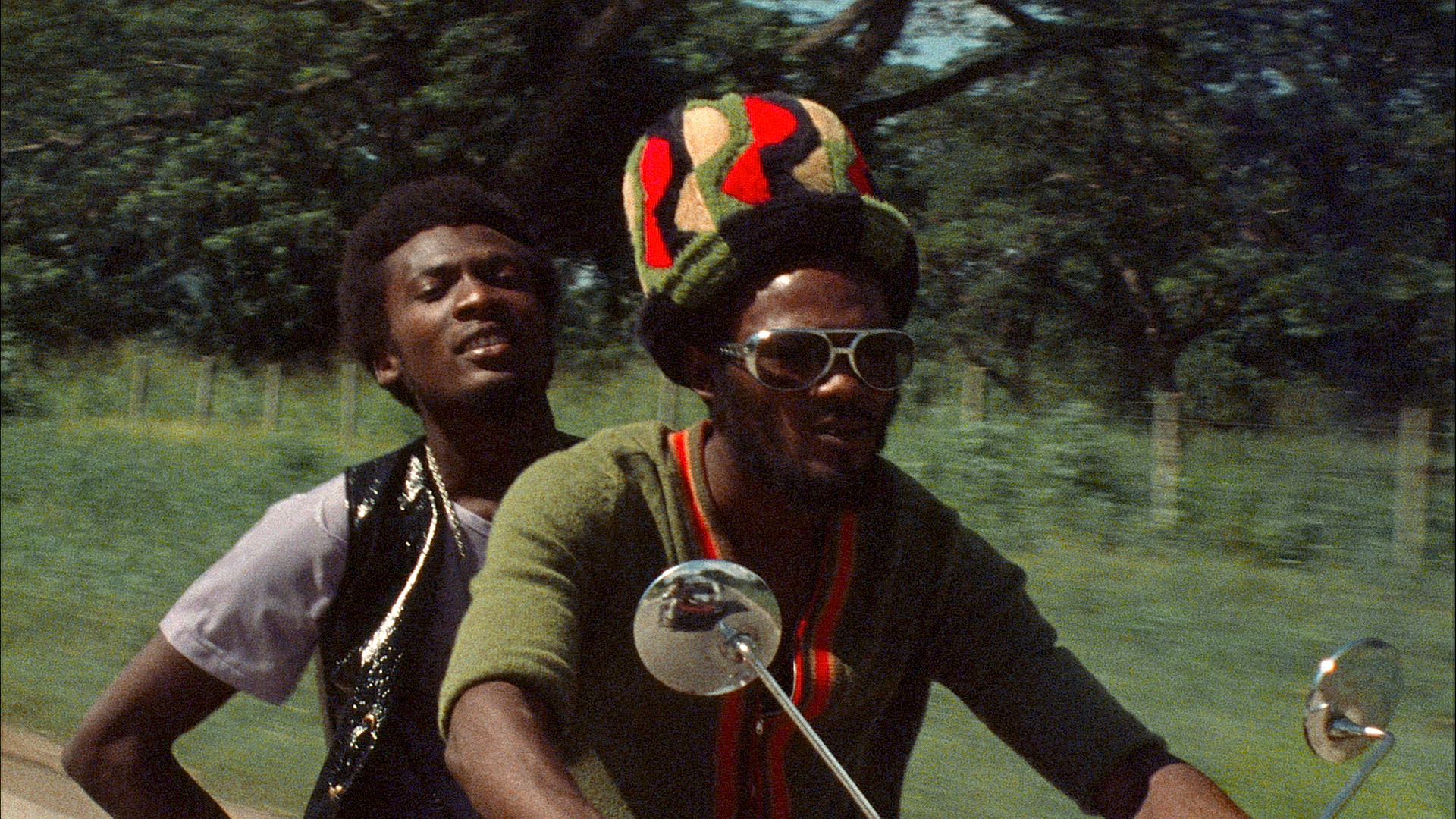
Courtesy of International Films Inc.
Revisiting The Harder They Come, Jamaica’s first feature film
Perry Henzell's debut showed that desperate times call for desperate measures and acted as a window into day to day Caribbean struggles
Nadine Drummond
21 Jul 2022
For fifty years, film critics have waxed lyrical about The Harder They Come. The socio-political crime thriller opened the Windrush Celebrations in Brixton on June 18th. Directed by Perry Henzell and co-written by Trevor D. Rhone, stars reggae superstar, Jimmy Cliff. It charts the electrifying rise and fall of Ivanhoe “Rhygin” Martin, a poor musician from Jamaica’s countryside who travels to the capital, Kingston, to change his fortunes.
The narrative follows Ivan as he is ruthlessly exploited by his employer, we cry for him when he is robbed and brutalised by the police. He experiences pain when he is ripped off by an unscrupulous reggae producer and so viewers see him turn from victim to viper. He murders some of his abusers, threatens their collaborators, and is killed in a spectacular hail of bullets while his song climbs the reggae charts. It’s a tale of a flawed yet unapologetic man who decides he would “rather be a free man in my grave/Than living as a puppet or a slave.”
The 1972 cinematic offering was made by us, and for us, and as a result, is the gift to diaspora communities and the world, that keeps on giving. This is Jamaica’s first feature film. Initially, the film struggled to find an international audience, but received critical acclaim at the Venice film festival in Italy, the Cork film festival in Ireland and also in Brixton – owing to its large Jamaican immigrant community. Over the years it has been embraced as a cult classic, with a cinema in Cambridge, Massachusetts, later screening the film on repeat for decades. It’s not to be mistaken for The Harder They Fall, the black western that interpolated its name decades later backed by Jay Z with some Caribbean genres weaved into the film’s fabric as a possible homage.
Here are five reasons you need to plan a movie night to enjoy this cult classic.
It made diaspora kids proud
We had never seen or heard ourselves on screen before. A lot of young people of Jamaican descent born in the UK, US, or Canada had never visited Jamaica but did not need to read the subtitles. Ivan spoke our language, looked like us, and dressed like us. The film brought to life the stories our parents and grandparents told – strangely the scene where Ivan has a mango stolen was actually the first time I had seen one.
Watching our ancestral home, seeing its lush scenery and everyday realities gave many of the kids in the diaspora the pride needed to navigate the anti-blackness and anti-immigrant sentiment that manifested as micro and outright aggressions in our daily lives. The film reminded us of who we are and more importantly who we could be.
The director Perry Henzell, gave zero fucks
Perry’s cinematic debut was a scathing critique of Jamaica’s white supremacist capitalist and neo-colonial status quo that actively disenfranchised Black people. He does this by showing us how Jamaica’s societal structure had the power to turn one-time law-abiding citizens like “Ivan,” into murderous outlaws.
The Harder They Come did not blame the thousands of Black people in Kingston’s slums for their suffering. Henzell presented the brutal context that allowed this suffering to exist. This is what made it possible for Perry to bring an authentic and real depiction of Jamaica to the world, that is still relevant for half a century on.
Justine, Henzell’s eldest child and primary custodian of the Henzell estate says: “Perry had to make a decision early on. Was he making a film for foreigners or Jamaicans? He chose Jamaicans and this is why the film has lasted the test of time.”
The Harder They Come did not have a cinematic release in Jamaica until the intervention of Prime Minister Michael Manley. The Jamaican Cinematographic Authority considered the thriller to contain radical political content. Justine says Perry had to remove parts of the scene where Ivan is being beaten by the police (to make it less graphic) to appease them, even with Manley’s support.
The film was made during bouts of intense political violence between right-wing and left-wing elements in Jamaica. The rivalry between the Jamaican Labour Party (JLP) and the People’s National Party (PNP) encouraged urban warfare in Kingston.
By the 1976 election over a hundred had been murdered during the conflict and political parties began forming paramilitary divisions. The United States Central Intelligence agency (CIA) provided arms and training to the JLP and the PNP had support from Cuba and the Soviet Union.
Henzell, a white Jamaican is from a non-planter class which is rare in Jamaican society. His grandson Dylan Brennan says their family money wasn’t inherited (having ran out with Dylan’s great-grandparents) and that after a thorough search at the slavery database, there was no evidence to suggest that any of their holdings came from the enslavement of Africans.
Justine says there was no money left for her parents to inherit so Perry and her mother Sally, the Art Director on The Harder They Come had to become entrepreneurial artists.
Brennan went on to say, “Perry worked with the best people with the best skills (irrespective of race or class) and that’s how he was able to create his masterpiece.”
It is evident through Henzell’s director’s lens that he did not share the contempt for Black Jamaicans like others among his racial and social class.
Henzell’s bravery and willingness to share his race and class privilege by providing a global voice to the suffering of Black Jamaicans during this period is often overlooked. This is because of the general lack of understanding of how race, colourism, class, and privilege intersect in Jamaican society by those who critique the film, and the abject denial of Jamaicans for whom it does not serve to acknowledge.
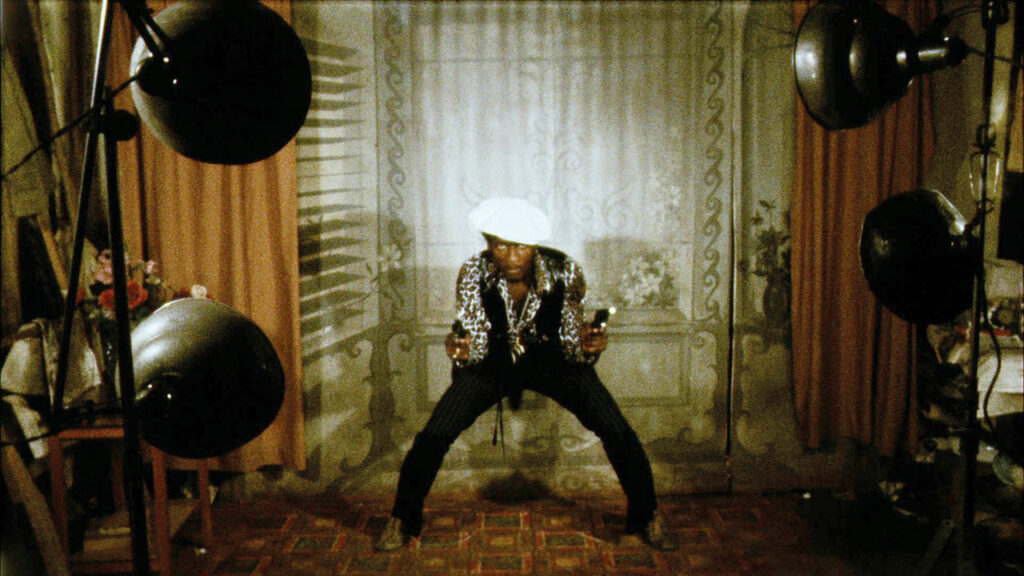
Introduced Reggae and Rasta to the World
The Harder They Come carefully crafted soundtracks in cinematic history and put reggae music on the map.
It included classic songs from the Maytals, the Melodians, the Slickers, Desmond Dekker, and Cliff himself. Reggae was not just depicted as a style of music in the film but was interwoven as the political, social, and artistic movement that it is.
British Jamaican filmmaker, Marie James, a panelist at the Windrush event said,
“We all sang along to the songs when watching the film. It was amazing. The Harder They Come soundtrack was truly a revelation, it was hit after hit, after hit, and look, we still all know the songs.”
The lingering success of the film’s score would not have been possible without Rastafari musical traditions that are an integral part of the creative engine of roots rock reggae music.
Elements of Rastafari traditions were included in the film which had never happened before. This was groundbreaking as Rastafarians during this time were considered a subversive group and were being brutalized by the government.
Brennan, says his grandfather’s inclusion of Rastas was owed to the fact that as a little boy his grandfather would steal away and spend time with Rastas at their settlement in hills above the Caymanas Sugar Estate where he grew up. As such he developed an early appreciation for Rasta livity.
It was an absolute labour of love
Brennan said, “The film took five years to complete because Perry would run out of money then he would have to fundraise again among his family and very close friends.”
Justine recalls during our conversation her father taking out a second mortgage on their family home. “At 10 years old, we, the whole family relocated to the country in order to support Perry’s immense vision.”
There was no running water or electricity at the property but her mother Sally, the Art Director on The Harder They Come never complained and made it an adventure.
“She took us on river and beach excursions, we had picnics in the garden. We had kerosene oil lanterns that were just magical, we also played lots of card games, charades and backgammon and I got used to bathing under a hose outside. Sally kept us busy and made everything fun so we didn’t consider the change in our material circumstance too much of a hardship.”
Henzell at the time was a writer for hire and would support his family and pay off his debts by plying his trade.
Justine says: “The film made zero money for decades and never got a worldwide distribution deal. Perry travelled to 33 countries to show his film, these included, Ghana, Senegal, South Africa, and Nigeria, where he met Fela Kuti. He travelled with his 35mm film cans, stayed in all kinds of wonderful places, and was once paid in embroidered boots.”
It links Jamaica back to Africa
The Harder They Come was the first time many Africans were culturally immersed in the politics, language, fashion and music of Jamaica. It was the cultural bridge that reintroduced us to the people from whom many of us descend.
Brennan, determined to keep the link alive, took the film on a tour of Ghana for the 50th Anniversary celebrations. Apart from speaking patois to prove he was “really Jamaican”, he says Ghana felt familiar to him despite being wildly different.
Brennan described the genuine kindness and the way Ghana treats its poor people as further motivating his vision for Jamaica.
“I understand how and why Jamaica has developed the way it has, slavery, garrison politics (politcal violence), and everything in between but I am hopeful with the right investment and development in the tech and art sphere we can chart a new path and treat each other better.”
He goes on to say, “It was a privilege watching The Harder They Come with this new generation and for them to allow me the honour of being able to walk in my grandfather’s footsteps 50 years later. It inspired me all over again.”
Brennan as a future custodian of The Harder They Come legacy shared that a musical version of the film will open at the Public theatre just off Broadway in 2023. It will be written by African American Pulitzer Prize-winning playwright Suzan-Lori Parks.
The film despite its critiques, lack of distribution, and investment has stood the test of time and has truly lived up to its title track: ‘The Harder They Come the Harder they Fall, One and All’.
Catch the BFI screening on Friday 5 August
This article was amended on the 26 July 2022 to state that the film received critical acclaim at the Venice film festival, Italy and Cork film festival Ireland, not the Locarno film festival, Switzerland. The article was also amended to refer to a cinema in Cambridge, Massachusetts; not Boston, Massachusetts, to remove references to the police shutting down production and to clarify that Brennan’s family money was not inherited. An earlier version previously suggested it was inherited.






